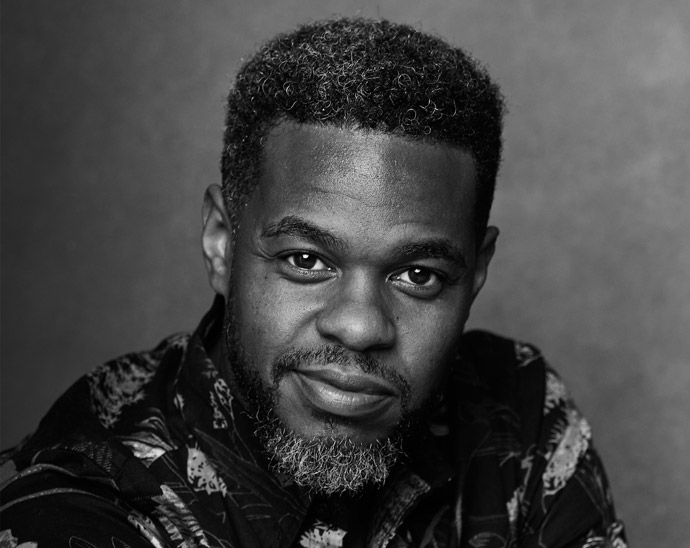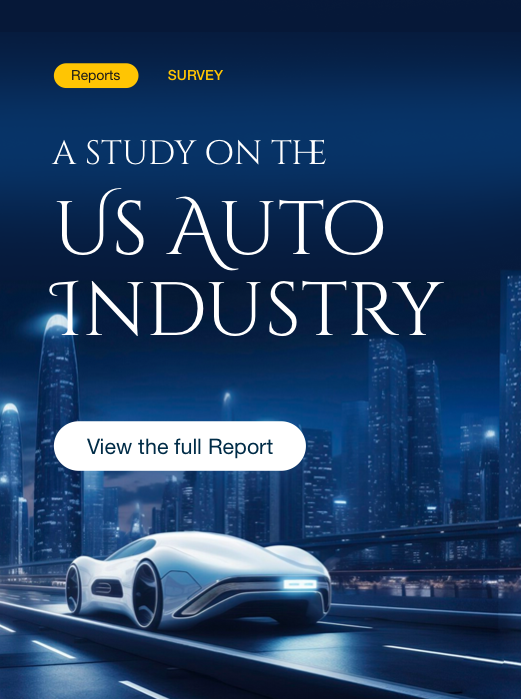- What is your professional background and what initially sparked your passion for technology?
When you look at my LinkedIn profile you will be a little confused by my educational and professional background, because, at first sight, it looks all over the place. However, in reality, it encompasses the 3 passions I embrace in my Ikigai journey: creativity, solidarity, and visionary research. I obtained my Master of Science in Architecture; a specialization in Landscaping and Gardening; and a specialization in Urban Regeneration Design to foster my creativity. Unfortunately, the (economic) crisis in 2008 did not allow me to fully expand my creative side in architecture, so destiny pivoted me towards Cooperation and Development.
In March 2022, a breath of renewal came with my discovery of the Metaverse and the potential of this Web3 technology to assure freedom, equality, and self-expression for all. Concepts like ownership and a better distributed global economy were topics I had been struggling to implement in those developing countries for more than a decade, and now here was a technology that promised those very same things in a whole new space yet to be built… But wait a minute! I am an architect!!! I am in, count on me. Now, as a certified DAO (Decentralized Autonomous Organization) expert & Metaverse developer, I harness my skills and passion to uplift Black-owned businesses in this digital era.
- Describe the Metaverse, for those who may not be familiar with the technology.
The Metaverse is the new iteration of the internet where not only immersive technologies are involved (adding the third dimension to our digital interactions), but permissionless peer-to-peer transactions (messages, currencies, and digital assets) are possible and registered in a public ledger which is available for everyone to check, thus democratizing the data that many centralized companies have been monetizing for their sole benefit in the last decade.
- Why do you think that there is such a deep lack of education about the Metaverse and Web3 technology in general, but especially in the Black community?
Thanks for asking me this question. The technology realm is an area that has been known for its lack of inclusion. As of today, we (Black professionals)only represent 7% of all computer-related positions in the U.S., and not only that, nearly 40% of rural Black Americans have no internet at home, and lack of available services and costs contribute to the digital gap, especially in the southern states where the racism is more pronounced. If we look globally at this phenomenon the numbers are ridiculous. Despite digital hubs on the African continent like Nigeria, Black people in general have been excluded, and the digital divide is huge.
What worries me the most is how the Web3 space is materializing and taking form. Underrepresentation of Black individuals in tech workforces and game development can perpetuate systemic biases in emerging technologies like the Metaverse and we are not addressing this issue. If you attend a real Web3 summit -what I mean by “real” is events where real and updated information is given- you will quickly recognize the average attendant: a white man in his 20s-30s. It is becoming a replica of the Old Boys’ Club: high entry prices, and huge grants directly awarded to the “friends”.
However, what scares people the most is the horrendous vocabulary that these Web3 “pioneers” have adopted. You know that if Web3 had originated in Black culture, the terms would have been much more dope… But the ones we are using right now do reflect elitism and technicism that only developers can feel related to. If we seek mass adoption, THAT VOCABULARY is the first thing to go.
The Web3 utopia (equality and democratization of the economy) remains yet to be materialized: most of the Black people working in Web3 are influencers, artists, creators, or educators, but when it comes to working in Web3 companies that presence is reduced to absolute zero. Web3 companies are more focused on educating people who are already in Web3, rather than educating the masses, leaving a lot of people out. I, myself, had to spend a whole year of research, certifications, and reading to understand the Web3 space… time that many are not willing or cannot invest.
When you don’t have people at the table who have historically suffered harm or abuse, or who have to live with certain things in the back of their mind, then you don’t build platforms in a way that protects those people.
- At this point, every company is a tech company– are there elements of Web3 technology that businesses can add to their strategy to make themselves more competitive?
Nowadays, the most valuable asset that a business has is its CRM (Customer Relationship Management). We are all after the likes and follows on social media, but that does not mean customer retention; it only appeals to our ego and nothing else. What makes a business successful is conversions, and that cannot only be achieved by attracting new customers over and over. In this highly competitive era, building customer loyalty by having customers willing to buy from you repeatedly is crucial. And for that – capturing and extracting value from your community- can easily achieved with NFTs.
A customized Web3 strategy based on an NFT collection is a very easy way to introduce yourself into the space with minimum risk. But of course, you have to understand first how Web3 marketing functions, because the rules in Web2 and Web3 are very different. It would be wise to first contact a professional to elaborate a strategy for a launch, event, or workshop related to your business’s mission and then, based on the results and feedback, come in with a whole comprehensive strategy for your business and ensure customers’ loyalty and community building. If you also integrate immersive technology in your strategy you could increase by 40% your conversions rate, by simply increasing the time your prospective clients spend examining your product.
- What is the biggest misconception about the Metaverse?
“The Metaverse is simply a three-dimensional space accessible through special goggles”. For an immersive space to be considered a Metaverse transactions must be able to happen. It could be only messages (communications), but those exchanged assets had to be recorded in a public ledger and integrated into a blockchain. When you go to a real estate agent and he or she shows you your about-to-be-new home in a 3D setting, this is not a Metaverse.
If you could enter an immersive platform and, after visiting a virtual space, you could buy it directly and the NFT attributing its ownership goes directly to your wallet, we could start saying that this platform is a little bit closer to what we will have in the future: frictionless and interoperable digital/physical assets exchangeable in different platforms, with which it will be possible to interact with immersive technologies VR, AR, and XR.
- Regarding Web3 or the metaverse, what are some of the adoption challenges?
“Learning curve of a continuously evolving technology”. If you want to have full control of your business operation, you need to roll up your sleeves and get ready to bootstrap. Being a pioneer in the space and future-proof your enterprise, today comes with a price, but I consider that is a step that today is optional tomorrow will be the critical different skill that will distinguish those who will master the enhancement tool and will be able to customize and create new features, to those that will be at the mercy of the fit-to-market products, with much fewer customization options… which, in a more competitive decentralized world could mean closing your doors and abandoning the race.
- In your work with Black businesses, have you seen any similarities in areas that have room for improvement, beyond the lack of participation in the technology that is available?
I have identified 8 problems that the majority of Black-owned businesses can identify with (1) Access to Capital, (2) Systemic barriers and Digital divide, (3) Exclusion from the Booming Digital Economy, (4) Lack of support and Mentorship, (5) Lack of Unity within the community, (6) Difficulty in Creating Generational Wealth, (7) Shadow banning and high cost of Web2 centralized platforms and Physical Commerce Decline, and (8) Distrust in Cryptographic Technology.
Some of them are obvious and conscious, but some other many of us are not even aware of those problems. Those requesting my services are very aware of problems 1, 2, and 7, (they have been denied loans or another type of funding and/or they lack customers, and they have tried many strategies in social media to attract them but the results are not satisfactory), however, 3, 4, 5, and 6 are external and internal factors that demand a change of mindset, which is more difficult to achieve in a short period if they have not been made conscious by the individuals and the community.
- STEM initiatives have been part of many school curriculums for a while now. In your opinion, why is there still such a deep lack of representation for Black tech workers and so few Black-owned IT companies?
You are referring to what I have called Systemic barriers (problem 2). When you can identify a pattern in all the public spheres (work, education, politics, etc…) you are obliged to conclude that is made by design, it is not a result of the hazard. The Black community as a group has been denied access to every area that could represent a breakthrough, especially in economic terms. Technology is all about the future and envisioning the next generations’ power dynamics. To maintain the status quo, you have to make sure the ones shaping the future are the ones dictating the present. That is why competition, and the very idea of decentralization, are appealing to some but perceived as something to be avoided at all costs by others.
As I mentioned previously, the majority of Black people within Web 3 are influencers, artists, creators, and educators, but when it comes to Web3 companies -where the “real” money is made- we are not present, we are not hired, not funded nor invited at “The Boys Club”. And if we are not hired, we will never be able to influence the decisions made regarding innovation within Web 3.
- Shopping has essentially become an exercise in chasing sales and is not exciting for consumers. Do you see the Metaverse and Web3 technology as having the potential to re-energize the retail space?
Immersive technologies are making their way into a growing number of online shops due to their immediate results on conversion rates. However, the better Customer Experience (CX) is the most solicited feature by both clients and business owners due to the reduced product returns. With 3D product images, augmented reality, and virtual try-ons customers have a better idea of what they are getting, and the returns rate drops drastically. Online shopping has indeed opened the door of small businesses to the world, but that door is lost and locked in the vast ocean of advertisement gatekeepers.
- Your work is steeped in technology– what are some purely analog things that you love to take your mind off of work and tech?
I indeed spend hours in front of the computer… If I did not have my workout time in the mornings, I would end up in a wheelchair. If I spend more than 3 days without working out and do not sleep sufficiently, I suffer injuries in my back and neck, so I make sure my bodyweight routines are checked every week on my app. Sweating and being breathless are my way to disconnect and balance my thoughts every day.


















